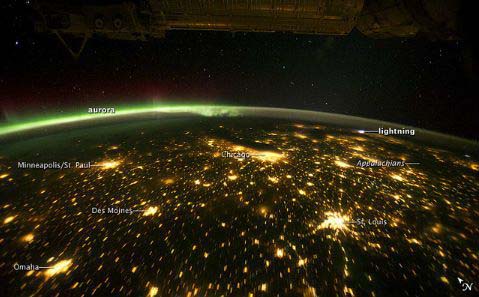Adapting to Change in Your Life, 1

Whether we like it or not, 21st century life has made adapting to change a constant feature of our lives.
 As /a-midlife-transition well knows, it wasn’t always so for the human race! If we look at our ancestors in the paleolithic age, we know that social and technological change was vastly slower. It wasn’t much faster in ancient Egypt or China or the Middle Ages and was in fact a great deal slower right up until the 18th century, when the industrial revolution started to bring change at an ever more rapid pace.
As /a-midlife-transition well knows, it wasn’t always so for the human race! If we look at our ancestors in the paleolithic age, we know that social and technological change was vastly slower. It wasn’t much faster in ancient Egypt or China or the Middle Ages and was in fact a great deal slower right up until the 18th century, when the industrial revolution started to bring change at an ever more rapid pace.
Endless Change
The pace of change in human life is still increasing — the automobile age, the computer age, the internet age, the digital age — and on, into the future. Today, we’re thoroughly inundated with change, and must continuously adapt. We’re also bombarded with the message of the necessity of adapting to change. In fact, there is a danger in our time that we might not properly distinguish between deep, personal change, and the continual background churn of modern daily existence.  How do we discern those changes in our lives which are truly fundamental, and adapt to them in a way that is authentic, and that furthers our individuation?
How do we discern those changes in our lives which are truly fundamental, and adapt to them in a way that is authentic, and that furthers our individuation?
The Real Nature of Life Transitions
Some changes are far more profound than others in their implications. Change is so pervasive in our time, that we run the danger of what experts like Harvard’s John Kotter call “change fatigue”, which is a form of burnout that stems from endlessly needing to adapt to new circumstances. Yet we also need to be open and responsive to fundamental life transitions. We need to accept these changes, let their meaning permeate us, and deepen our understanding and feeling of our own individual lives. Such changes are related to the emergence of our deepest identity and true character. We know this type of changes by the way it involves our whole being. Such changes may be extremely difficult or joyous or profound. They can involve such things as grief, loss, betrayal, guilt, genuine religious experience, existential crisis, profound shifts in our self understanding, disability, serious illness of a loved one, and loss — or discovery — of a passion, dream or ideal.
Common Stages in Change
Often, these changes at the deepest level are characterized by three elements. The first may be characterized metaphorically or symbollically as a death to a certain identity or understanding of ourselves. The third, symbolically is a rebirth to a new or different identity or experience of ourselves. In between these two is what anthropologists such as van Gennep would call liminality, an in-between period where the old identity has been left behind, and the new has not yet emerged. Often, /a-midlife-transition can assist immensely in making the transitions between these phases, which, in the case of major life transitions, can often be no small thing.
Real vs. Inauthentic Change
 Genuine meaningful life change, while often associated with great upheaval, ultimately take us deeper into our true identity — into the Self, as Jungians would refer to it. This is fundamentally different from inauthentic superficial change, which often leads the individual into a more and more frantic spiral in the attempt to perpetuate to themselves and others the illusion of the false self. In the second part of this post, I’ll look more at the case studies of authentic and inauthentic adapting to change, and the importance of an abiding sense of self in the midst of change.
Genuine meaningful life change, while often associated with great upheaval, ultimately take us deeper into our true identity — into the Self, as Jungians would refer to it. This is fundamentally different from inauthentic superficial change, which often leads the individual into a more and more frantic spiral in the attempt to perpetuate to themselves and others the illusion of the false self. In the second part of this post, I’ll look more at the case studies of authentic and inauthentic adapting to change, and the importance of an abiding sense of self in the midst of change.
Brian Collinson, Psychotherapist and Jungian Analyst
[cta]
